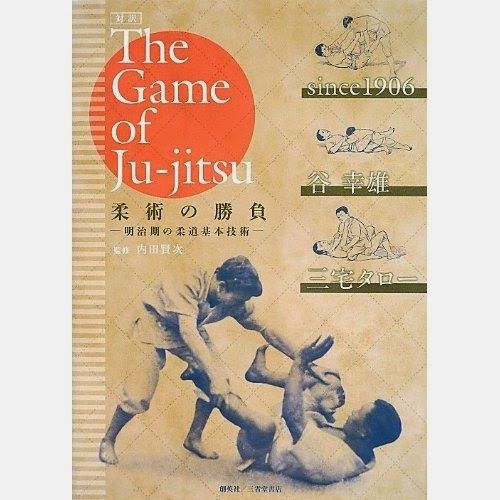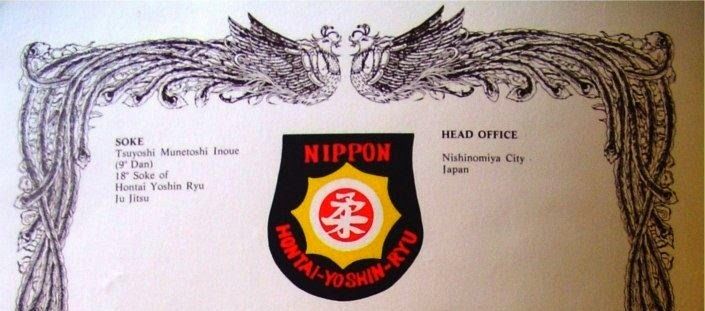Chris Parker
Grandmaster
No. It's not derived from that word. It's a mispronunciation of it.
Your construct was not Krav Maga, it was an American system that was derived from, or based in Krav Maga. Not the same thing, therefore not requiring the same name.
Which is real life, like I said. As in - Non competitive.
Your exact words were "the rest of the Jujutsu Ryus (sic) are more real life combat styles, designed for killing and self defence". Arresting methodologies (taihojutsu, toritejutsu, etc) do not fall into that very limited and inaccurate description.
As above.
Again, not necessarily falling into your limited and inaccurate description, as many systems that have methods for dealing with armed assaults don't have them as realistic combative applications, nor as "killing" methods... not even self defence, as it's quite removed from that context (even back in their day).
As above.
And here, you completely lose credibility in discussing this... I specifically point out that some systems have methods that have nothing to do with "real life application", and you say "as above (which is real life, like I said)"? Really? Uh, no. I was giving a very specific example of not "real life" methods.
The point is, you're not showing any real understanding of what the range of classical systems are... some are actually fairly competitive in and of themselves, which again goes against what you think is reality.
I'm not saying Kano created it for competition. Synthesis means "the combination of ideas to form a theory or system", which is exactly what Judo is. He took all of the Jujutsu principles and concepts that conformed with his vision of what Judo should be, and formed a new system from it.
By "competitive" I mean that he wanted it to be a safe system to practice with full speed sparring. Since many of the other Ryus, such as Daito Ryu, are designed for warfare and contain various strikes that could cause severe injuries in full speed training, these were excluded from Judo, or at the very least, highly de-emphasized.
"All of the Jujutsu principles"? No, not at all. As for the rest? Ha, no, not at all. Daito Ryu designed for warfare? Not at all.
Outside of Judo and probably Sumo, Japanese martial arts are practiced with a compliant Uke, and do not contain sparring as such, since the point of these arts is not to fight, but to merely defend oneself.
Tenjin Shin'yo Ryu, Kito Ryu, Sosuishi Ryu, Fusen Ryu, Takagi Ryu, Kukishin Ryu, Sho Sho Ryu, Shibukawa Ryu, Yagyu Shingan Ryu.... all of these systems contain sparring (randori), none of them have the point of "not to fight", not much of what's there is actually focused on defending themselves at all, and more. I could go on, but, well...
I'm not sure that is correct for 100% of Jujutsu ryus, but that's the overall point.
Then listen to the guy who has a hell of more thorough grounding there than you do.
Are you saying that the example I brought cannot happen in real life? If not, why not?
No, I'm saying that your example was completely pointless.
I'm saying that combat sports have a different idea of what distance management is.
Oh dear lord....
I've actually heard this in several places. One of them is at the 5:45 mark on this video:
http://www.veoh.com/watch/v945665g2WkCnew?h1=Human+Weapon+Philippines+and+eskrima
I didn't say they didn't say it, I said you misunderstood what they meant by it.


